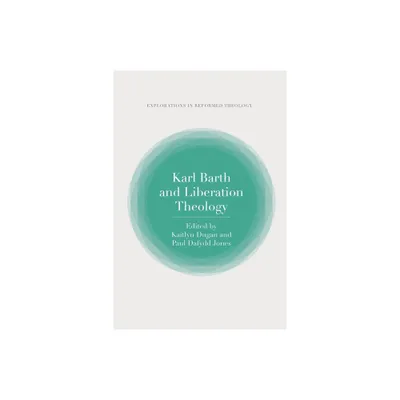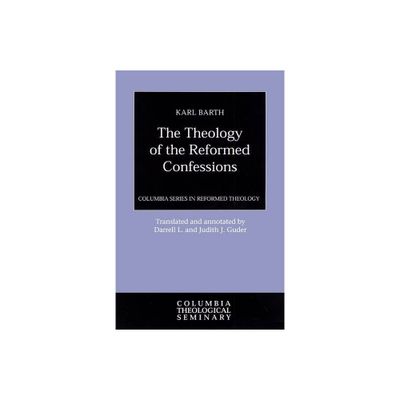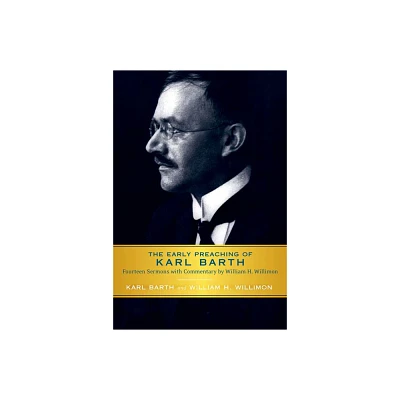Home
Doxological Theology: Karl Barth on Divine Providence, Evil, and the Angels
Loading Inventory...
Barnes and Noble
Doxological Theology: Karl Barth on Divine Providence, Evil, and the Angels
Current price: $220.00


Barnes and Noble
Doxological Theology: Karl Barth on Divine Providence, Evil, and the Angels
Current price: $220.00
Loading Inventory...
Size: OS
*Product Information may vary - to confirm product availability, pricing, and additional information please contact Barnes and Noble
In 1949, Karl Barth confidently upholds a high doctrine of divine providence, main-taining God's control of every event in history. His argument is at once cheerful, but also defiant in the face of a Europe that is war-weary and doubtful of the full sovereignty of God.
Barth's movement to praise God shows his affin-ity for the Reformed theological tradition. While Barth often distances himself from his Calvinist predecessors in important ways, he sees his own view of providence to be a positive reworking of the Reformed position in order to maintain what he un-derstands as its most important insights: the praiseworthiness of the God of provi-dence and the doxology of the creature. Doxological Theology investigates how the theologian, in response to the praiseworthy God of the Reformed tradition, is ex-pected to pray his or her way through the doctrine of providence.
Barth's movement to praise God shows his affin-ity for the Reformed theological tradition. While Barth often distances himself from his Calvinist predecessors in important ways, he sees his own view of providence to be a positive reworking of the Reformed position in order to maintain what he un-derstands as its most important insights: the praiseworthiness of the God of provi-dence and the doxology of the creature. Doxological Theology investigates how the theologian, in response to the praiseworthy God of the Reformed tradition, is ex-pected to pray his or her way through the doctrine of providence.

















